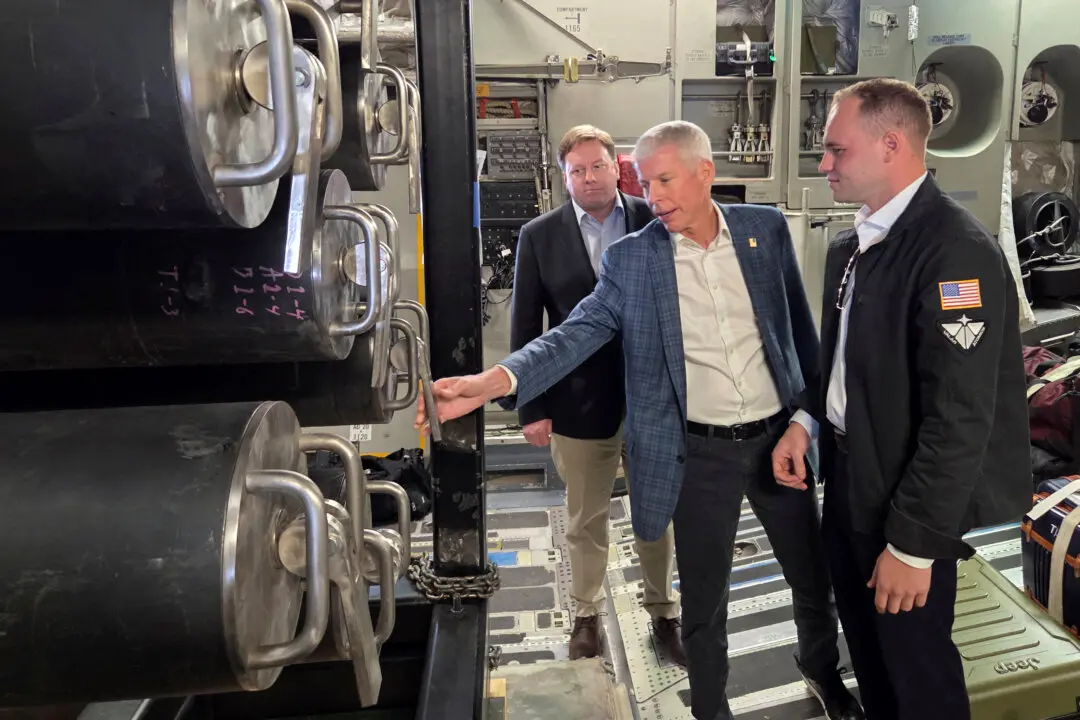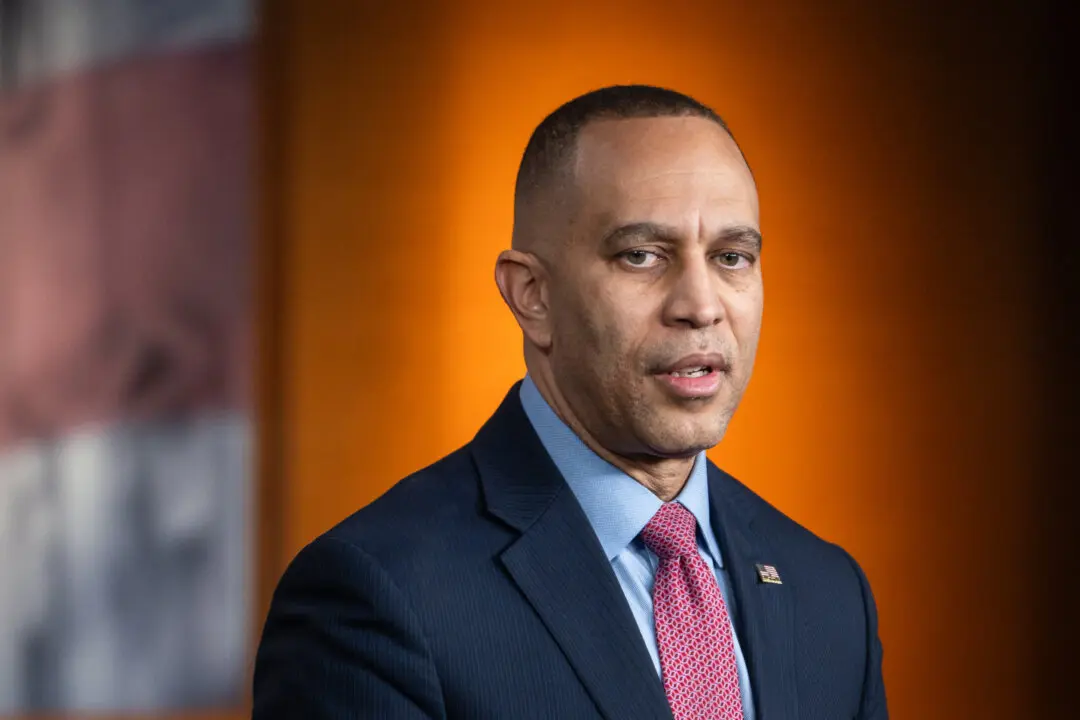Fiji and New Zealand are set to finalize a military agreement next week to deepen security ties, the Fijian leader said on June 7, as the Pacific island nation placed China’s police cooperation deal under review.
Fijian Prime Minister Sitiveni Rabuka made the remarks this week during his visit to New Zealand, where he met with Prime Minister Chris Hipkins and other government officials.





